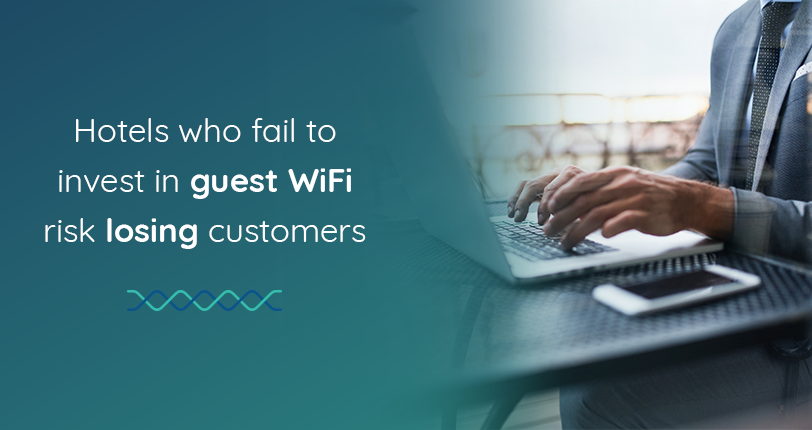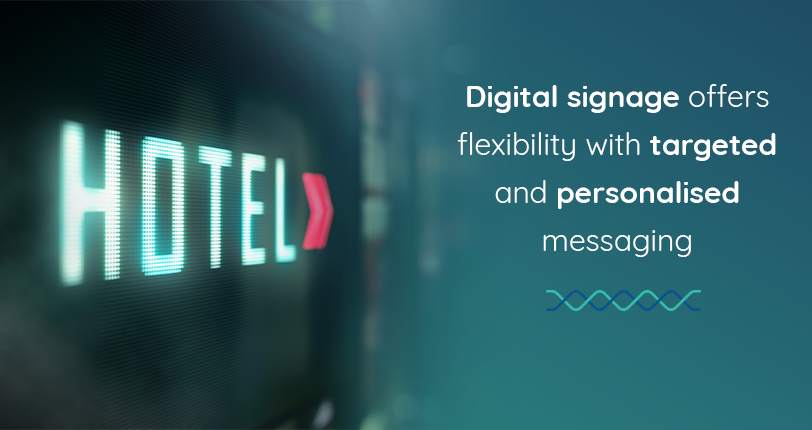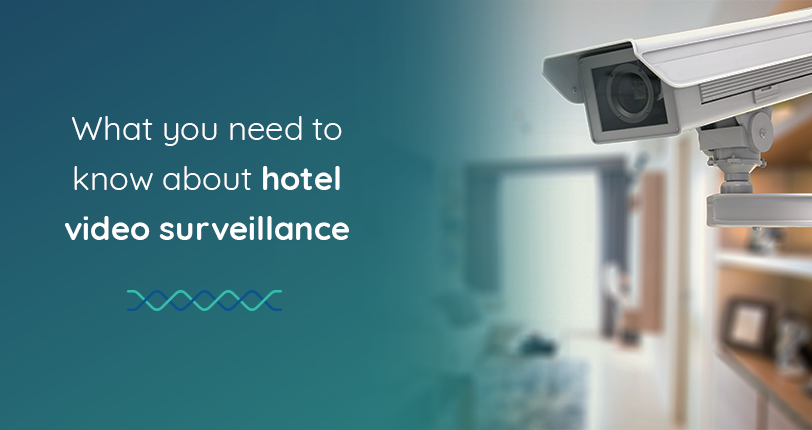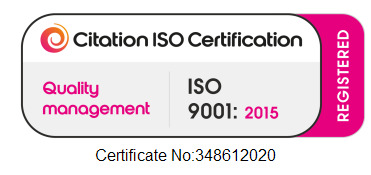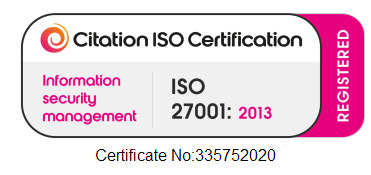Providing high quality guest WiFi is no longer a luxury within the hotel industry, it’s an expectation. Hotel WiFi has a poor reputation as guests have historically experienced slow connections, patchy coverage and are aware of much-publicised security concerns. Despite the challenges, a unified network will enable delivery of personalised services leading to significant benefits to the hotelier and guests.
Where are hoteliers going wrong?
Many hotels still operate outdated WiFi systems which were installed when guests just needed to access email and make the occasional Skype call. As usage demands have grown, mainly due to movie streaming (e.g. Netflix and Amazon) the installed systems, together with the connectivity provided, often do not meet today’s requirements. This has resulted in competition for bandwidth and in some cases serious security risks. Consequently, hotel WiFi in general often has a poor reputation.
Despite the obvious network demands of guests, many hotels are still getting it wrong:
- Charging for access or upgrades to faster speeds
- Thinking ‘coffee-shop’ style WiFi is sufficient
- Giving open access to the router without passwords
- Inconsistent coverage and poor in-room signal
- Limiting guest access to 2.4GHz only which is ill-suited to mobile devices
What challenges do hotels face?
Hotels face three key challenges with Guest WiFi:
-
Providing pervasive, fast Internet throughout the building
With many hotels operating in old buildings with thick walls and metal structures, they need strategically placed access points to provide 100% coverage and that follow the guest around the hotel, distributing bandwidth to where it is most needed. Coverage within rooms and their environs is of course essential, and a professional site survey will help determine the most efficient positioning of the access points and also the right quantities.
When commissioning a WiFi survey, hoteliers should select a contractor like Vital WiFi that can illustrate results using heat maps and provide a clear plan for where access points should be placed to provide 100% coverage.
WiFi performance can also be adversely impacted by too many access points. A careful balance is required.
-
Seamless communication
A second challenge is to create frictionless, digital interaction between guests and hotel departments using applications, digital information points and other innovations.
-
Securing networks
Ensuring networks are secure and contained is a third challenge. Hotels need to create virtual isolated environments in a unified network, e.g. for Internet of Things’ applications or guest streaming.
Other Considerations For Guest WiFi
- Privacy and security
The flip-side to offering personalised digital services is that a hotel must process a significant amount of personally identifiable data and exposes the hotel to data protection and security risks.
Development of a unified network should go hand in hand with GDPR (General Data Protection Regulation) compliance and IT data security audits and policies.
- Legal liabilities of providing Guest WiFi
Hotels that offer public Guest WiFi need to be aware of the myriad of laws in the UK and Europe which essentially require them to be able to track activity on their network back to the user.
- Providing information to law enforcement agencies
In the UK, under the Regulation of Investigatory Powers Act 2000, law enforcement agencies can request communications data be provided for the purposes of investigation of crime. This means it is essential that hotels retain appropriate data. WiFi hotspot owners are also required under the Anti-Terrorism, Crime and Security Act 2001 to be able to identify who is using their network.
This needs to be balanced with GDPR principles that require you to only hold personal data that is essential for the purpose.
- GDPR
Under GDPR, it is valid to use legal requirement as a basis to process and store data, so long as other rules are adhered to. But for marketing purposes, you need the user’s consent to store their personal data. Hotels should consult with their IT provider to ensure their WiFi system is compliant with GDPR. If not, we can help.
- Copyright infringement
The Digital Economy Act 2010, in the UK, is designed to reduce online copyright infringement by end-users. The regulations are a little vague, but a provider of public WiFi could be heavily fined for customers or staff downloading copyrighted material.
Get your guest WiFi up to speed?
With so many services running through the hotel’s WiFi networks, it would be costly to have an outdated network. There is no excuse for poor Guest WiFi. Hotels who fail to invest in this, risk losing customers. It is estimated that 80% of guests will not return to a hotel that delivers a bad technology experience.
Investment in a unified network need not break the bank, Vital WiFi are offering free installation free installation to any hoteliers impacted by the Coronavirus crisis, with a monthly fee from as little as £4 per month (per guest bedroom). What’s more, you won’t pay a penny until three months after installation.
Talk to one of our friendly technicians for more information on our offer and arrange your free installation today.
